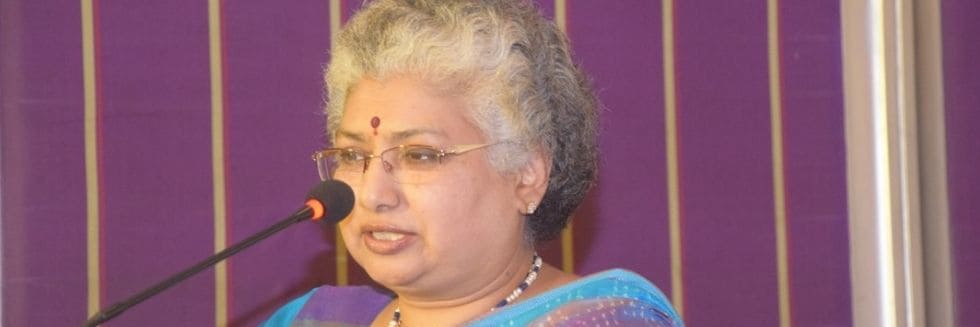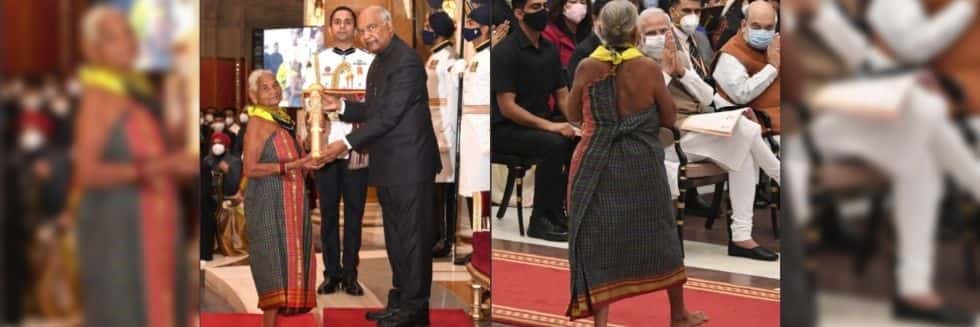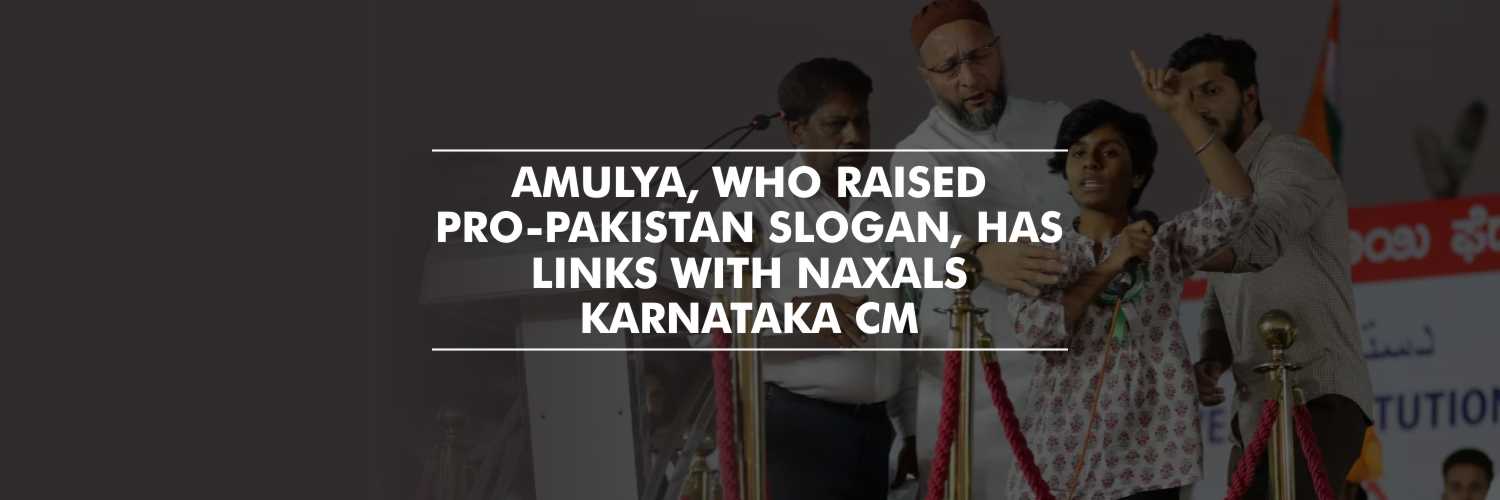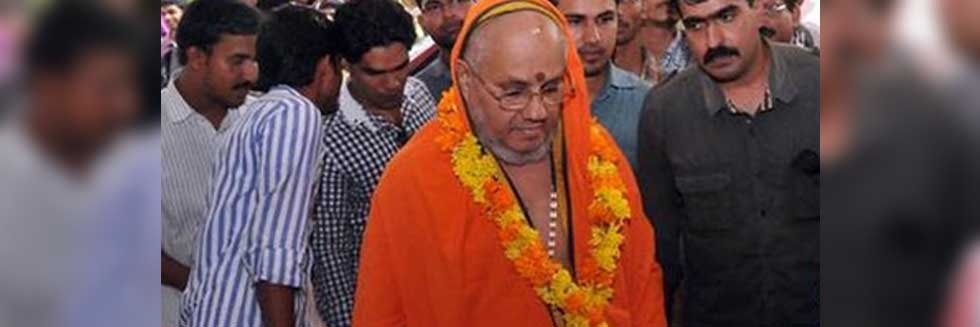Five membered Supreme Court collegium splits over the recommendation and selection of a woman judge to the Supreme Court. The bench failed to reach a consensus over the recommendation of a woman judge from Karnataka High Court, Justice B V Nagarathna as SC judge.
Few members of the collegium opined that this would lead to the supersession of several High Court Chief Justices who are far more senior than Justice Nagarathna.
Chief Justice of India, S A Bobde who presided the collegium and one other member proposed the name of Justice Nagarathna before the collegium also comprising Justices N V Ramana, R F Nariman, U U Lalit and A M Khanwilkar. They proposed the name with the hope that if she clears the process of scrutiny and gets her appointment approved by the government, then she would go on to become the first woman CJI after the retirement of Justice Surya Kant as CJI in February 2027.
Whereas, other members expressed their disagreement stating that recommending the name of Justice Nagarathna, even in women quota, would lead to the supersession of many HC chief justices including Karnataka High Court Justice Abhay S Oak, and two other senior judges from Karnataka, Justice L Narayana Swamy (present CJ of Himachal HC who belongs to the Scheduled Caste community) and Justice Ravi V Malimath (senior judge in Himachal Pradesh and belonging to OBC community).
Few members of the collegium suggested that if Justice Nagarathna’s name was to be recommended, Justice Oak’s name should also be recommended.
It was also considered that it would amount to the breach of the balance in regional representation among SC judges as noted by the top court in its fourth judges case judgment in 2015 where the bench struck down the National Judicial Appointments Commission.
Currently, Supreme Court has five vacancies against the sanctioned strength of 34.
CJI Sharad Arvind Bobde is going to retire on April 24. According to the convention, the CJI writes to the government a month before his retirement in connection to the appointment of his/her successor then refrains from holding any collegium meeting for selection of judges to the Supreme Court or High Courts.






